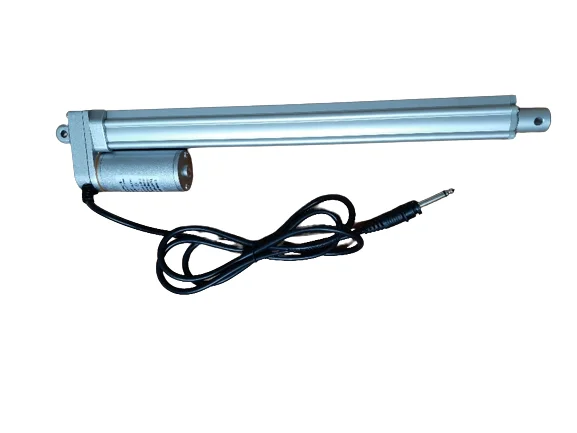In the ever-evolving landscape of industrial automation, the role of electric actuators has become increasingly pivotal, reshaping the way industries operate and elevating efficiency to new heights. As the demand for precision, reliability, and sustainability continues to grow, electric actuators emerge as silent heroes, orchestrating seamless movements and contributing to the transformation of various sectors.
The Quiet Revolution
Electric actuators, in essence, are devices designed to convert electrical energy into mechanical motion. Unlike their pneumatic or hydraulic counterparts, electric actuators offer a range of benefits that are propelling industries toward a future marked by enhanced control and reduced environmental impact.
Precision Redefined
One of the key advantages of electric actuators lies in their unparalleled precision. The ability to control movement with high accuracy opens doors to applications that demand meticulous positioning, such as robotics, aerospace, and medical devices. Industries that rely on intricate processes now benefit from the granular control provided by electric actuators, resulting in improved product quality and reduced waste.
Adaptability and Versatility

Electric actuators showcase remarkable adaptability, seamlessly integrating into diverse systems across industries. Whether it’s the intricate motions required in manufacturing or the precise adjustments needed in the energy sector, electric actuators prove their versatility in countless applications. Their ability to handle varying loads and operate in different environmental conditions makes them a go-to choice for industries seeking reliable and flexible automation solutions.
Efficiency in Motion
Efficiency is a cornerstone of industrial success, and electric actuators are at the forefront of driving operational excellence. By minimizing energy consumption and optimizing performance, these actuators contribute to sustainable practices within industries. The elimination of fluid systems, common in hydraulic and pneumatic setups, not only reduces the risk of leaks but also simplifies maintenance, resulting in increased overall efficiency.
Smart Movements for a Smarter Future
The integration of electric actuators with smart technologies further propels industries into the era of intelligent automation. With the advent of the Internet of Things (IoT) and Industry 4.0, electric actuators can be connected to centralized control systems, allowing for remote monitoring, predictive maintenance, and real-time adjustments. This connectivity enhances overall system efficiency and minimizes downtime, ensuring a smoother and more responsive industrial ecosystem.
Applications Across Industries – Electric Actuators
From automotive manufacturing lines and food processing plants to renewable energy installations and beyond, electric actuators are leaving an indelible mark on diverse industries. Their impact extends to sectors as varied as healthcare, where precise movements are critical in surgical robotics, to agriculture, where automation enhances the efficiency of planting and harvesting processes.
The Future Unfolding
As industries continue to embrace the transformative power of electric actuators, the future holds promise for even more advanced applications. Ongoing research and development are focused on pushing the boundaries of speed, precision, and adaptability. With innovations such as artificial intelligence and machine learning being integrated into automation systems, the trajectory of electric actuators points toward a future where industries achieve unprecedented levels of productivity and sustainability.
In conclusion, the influence of electric actuators on industries is nothing short of revolutionary. Their role in reshaping automation, enhancing precision, and contributing to sustainability positions them as integral components of the industrial landscape. As the demand for efficiency and innovation grows, electric actuators stand ready to power progress and drive industries toward a smarter and more interconnected future.
